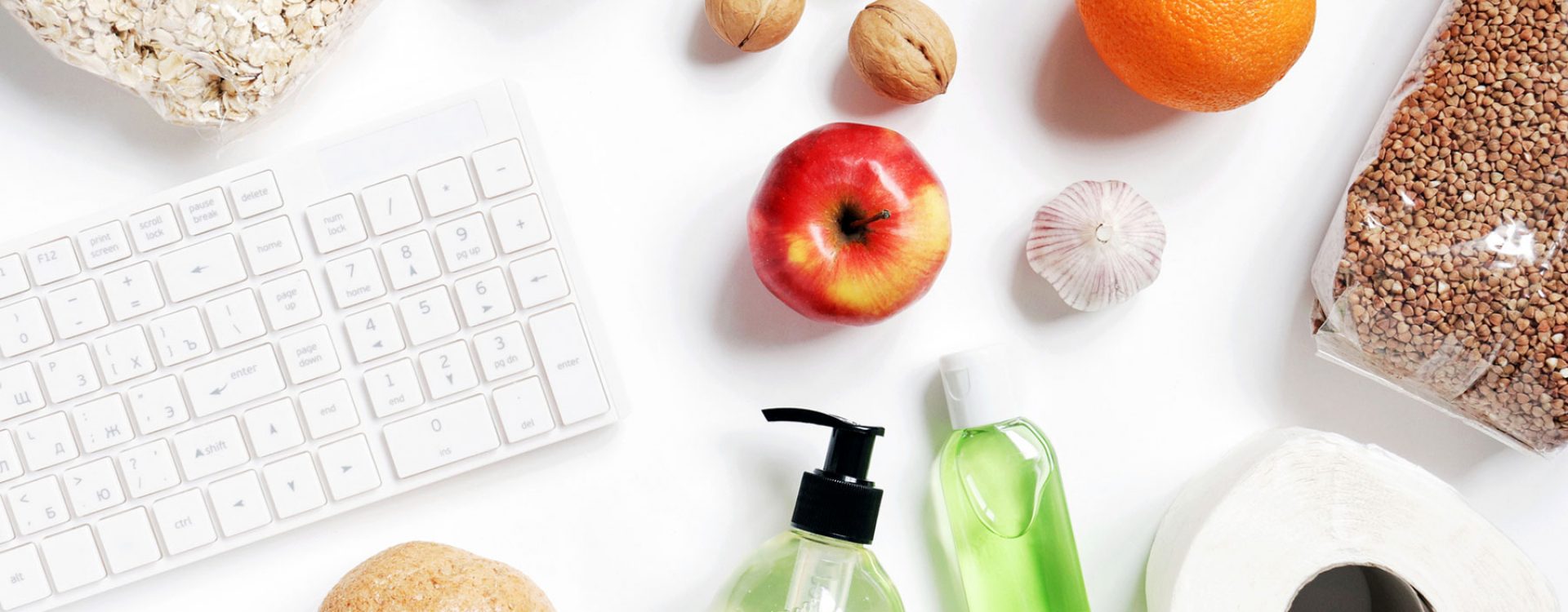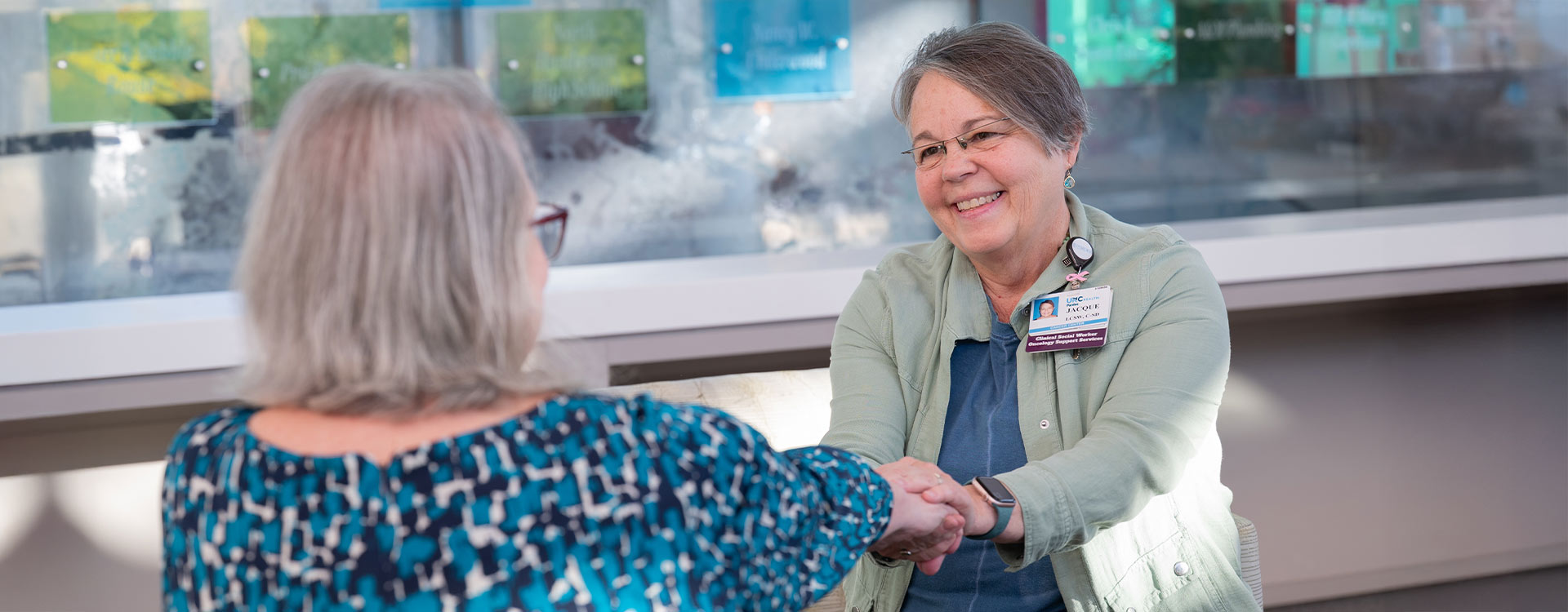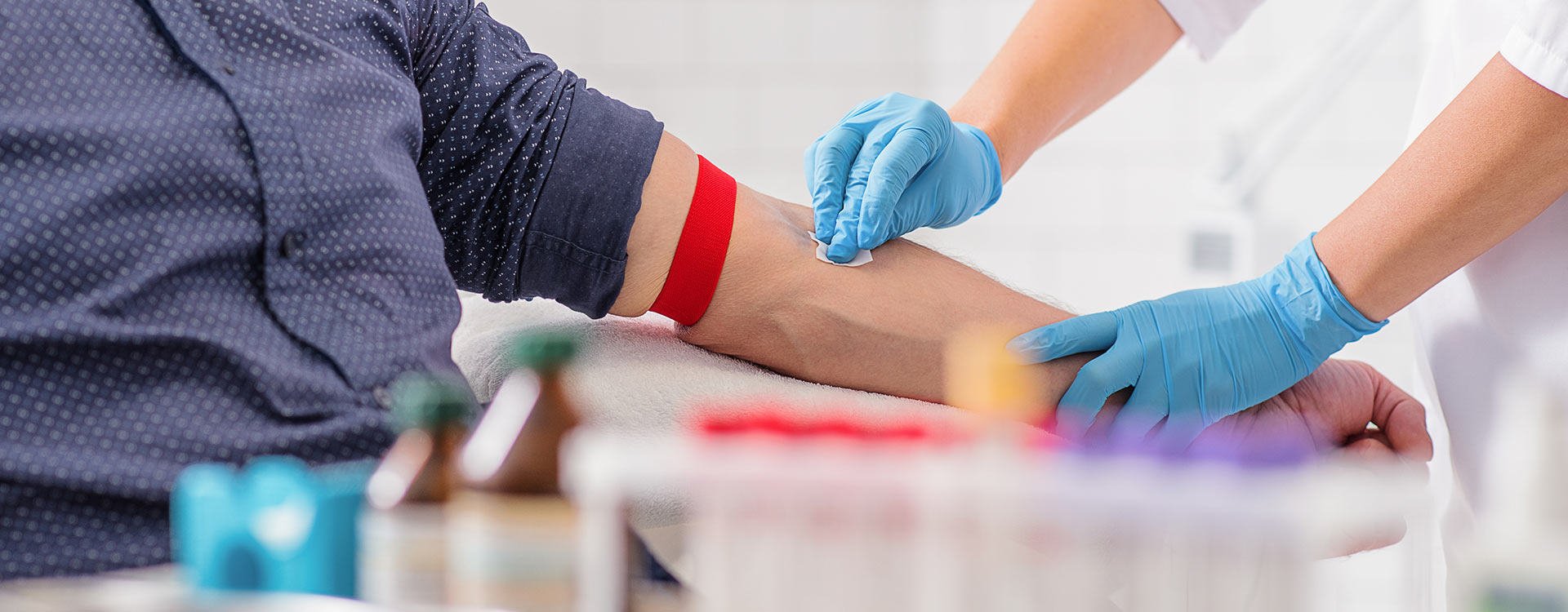From old wives’ tales to internet rumors, there’s no shortage of misinformation that can lead us astray when it comes to our well-being. In this blog, we’ll debunk 10 common health myths and empower ourselves with accurate knowledge for better health outcomes.
Cold weather can make you sick
Researchers tested the idea that colder temperatures make the body more susceptible to viruses. They found that the cold doesn’t increase your chances of catching a virus, but it can cause symptoms to develop if you’ve already contracted a virus. So, why are colds and the flu more common in winter months? Because we typically spend more time indoors in close quarters with others who may be sick.
Any temperature above 98.6 degrees is a fever
The truth is the body’s temperature can fluctuate throughout the day because of hormone cycles. While 98.6 degrees Fahrenheit is a normal temperature when taken by mouth, the body’s rectal temperature can be one degree higher and underarm temperature can be one degree lower. However, any temperature over 100.4 degrees is considered a fever.
Cracking your knuckles causes arthritis
When you crack your joints, you’re essentially stretching them apart, which allows an air bubble to form in the joint fluid, which then pops. Studies haven’t found a link between knuckle cracking and arthritis. But if you feel pain or discomfort when popping your joints, try to stop the habit and see your primary care provider if it gets worse.
Eggs are bad for your heart health
Research shows most healthy people can consume up to seven eggs per week without increasing their risk of heart disease. If you have diabetes, you may need to eat fewer than seven eggs per week. Ask your doctor what is right for you.
Carbs will make you fat
While it’s true that consuming excess carbohydrates can lead to weight gain, the same can be true if you consume too much of any food group. The issue is often refined, processed carbohydrates, like white pasta and baked goods, which contain little or no nutritional value and leave you hungry soon after you eat them. Try complex carbohydrates like quinoa, brown rice, oats, beans, whole grain bread, fruit, and sweet potatoes to get the most health benefits and stay full for longer.
Dietary fat is unhealthy
There are many healthy fats that improve your health and help your body absorb vitamins and nutrients. Healthy fats – monounsaturated and polyunsaturated fats –can be found in nuts, seeds, eggs, vegetable oils (like avocado oil and olive oil), salmon, trout, and avocados. The fats to avoid are trans fat and saturated fats.
Antiperspirants can lead to cancer
Research hasn’t definitively proven that antiperspirants and ingredients like aluminum and parabens cause cancer. That said, if you’re uncomfortable with these ingredients, there are plenty of paraben-free and aluminum-free products on the market these days.
Toilet seats are the dirtiest place in the bathroom
The truth is door handles, doors and floors tend to be much germier and are more likely to have higher concentrations of norovirus (the stomach flu), the flu and E. coli. Wash your hands thoroughly with soap and water after using the bathroom and cover your hand with a paper towel when touching doors or handles.
You must drink eight glasses of water a day
While hydration is essential to good health, one size doesn’t fit all. Ideally, you should drink when you’re thirsty (that’s around four to six cups a day for generally healthy people) and consume plenty of water-rich foods like fruit, vegetables and soup. If your urine is dark yellow, you don’t urinate often, you feel sluggish and tired, you live in a hot climate or you’re very active, you may need to drink more water.
Handwashing isn’t a big deal
Handwashing is essential to good health and helps in the fight against antibiotic resistance because the more often you are sick, the more likely you are to be prescribed antibiotics. It also helps prevent the spread of diseases like diarrhea and respiratory infections. Wash your hands with soap and water after using the toilet, handling raw meat and produce, changing a diaper or helping a child use the bathroom, touching an animal or cleaning up after your pet, taking out the garbage, and caring for someone who is ill. Clean your hands before preparing food and touching your face or mouth. If soap and water aren’t available, hand sanitizer that contains at least 60% alcohol is an effective alternative.
If you have any questions about your health, talk to your primary care provider. Visit PardeeBlueMD.com to find one near you.





